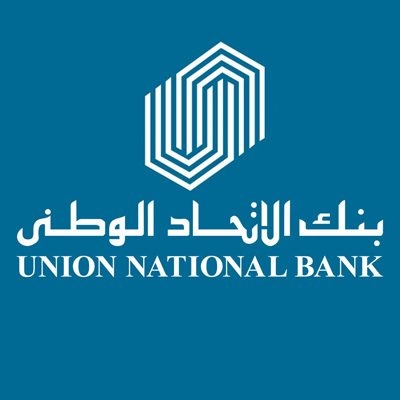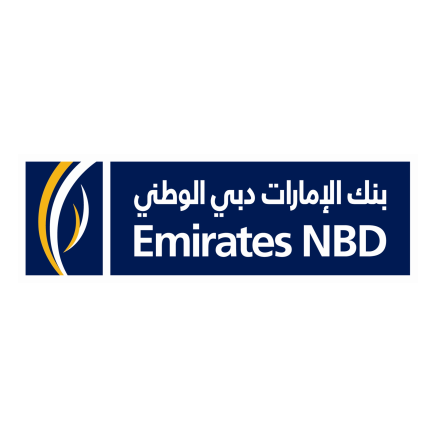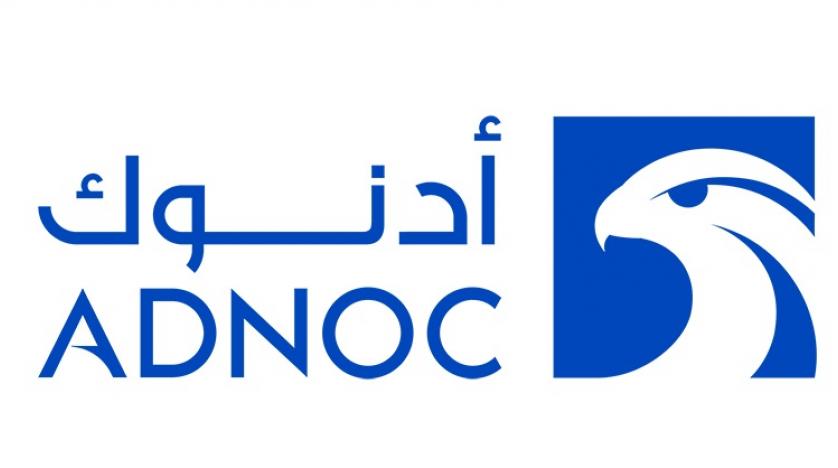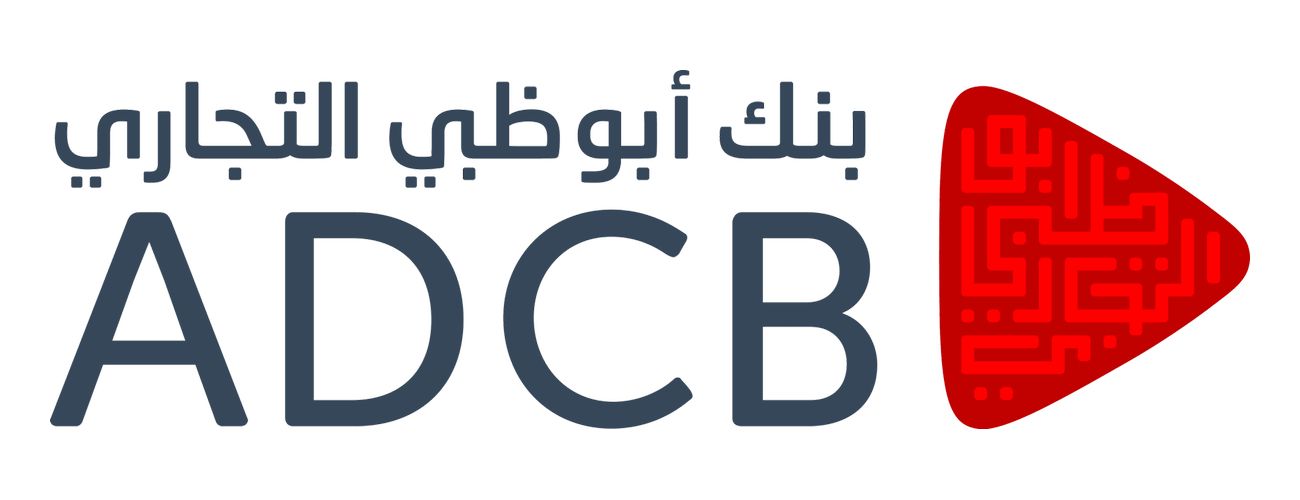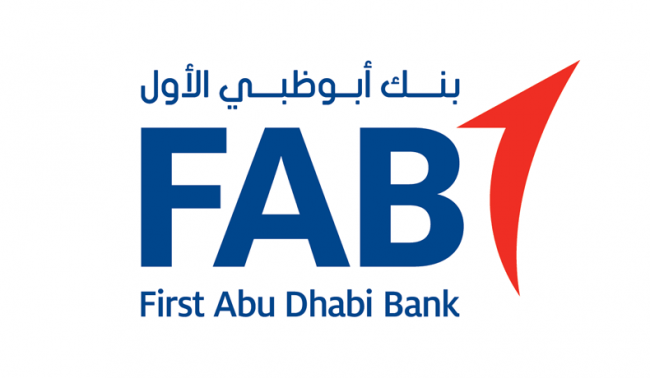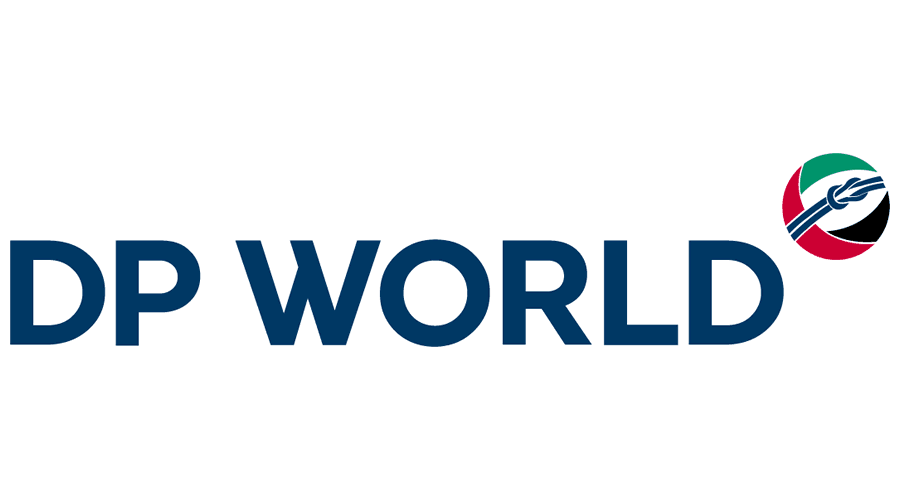
The term and the practice of executive coaching have evolved through the decades, gaining prominence to attain its present status of importance in the business circles. Today, it has become common among managers and senior management to seek executive coach training, considering its relevance in the corporate world for supporting the leadership.
The term executive coaching originated around the 1970s. Before that, the term counseling was predominantly used in the world of business. During that time, companies employed psychologists to conduct counseling sessions with the managers. The coaching approach was introduced later, with the business sector in the US and then Britain, acknowledging its efficacy in enhancing the performance of managers for the business to thrive.
At present, executive coaching has a unique and vital position in the corporate world, with enterprises looking for certified professionals to be a part of their management. In this blog, we will discuss the role that entails the position and a summary of the executive coaching courses.
What is executive coaching?
Executive coaches are certified coaching professionals who support corporate leaders in enhancing their potential. They work with managers, senior-level executives, top management people, and likewise and work with them to gain self-awareness, clarity regarding their goals, unlock their untapped potential, and achieve both personal and organizational development goals. These are not the same as therapists and counselors. They do not offer readymade solutions; instead, they ask the right questions so that the executives can confront and solve the problems themselves.
Who can become an Executive Coach?
There is no qualification professionally or aptitude-wise that you need to become an executive coach. However, having experience in working with executives can help you understand, implement, and practice executive coaching efficiently.
- Effortless communication skills are essential in the art of coaching. You need to be a patient listener and able to communicate well with the clients, to understand the knots that they are having in their mind, that is hindering their progress. It is only by doing so you will be able to untangle those through thought-provoking queries.
- Executive coaches need to be good observers to read into the response and reaction of the client to the queries that he/she makes. Observation is the key to understanding the client.
- An executive coach should have a high level of empathy, making them sensitive to the clients’ plight and issues that are affecting his/her performance professionally. The ability to connect with the client on an emotional level helps in forging a bond of trust, which aids in the coaching process.
- Since they are working with high-power clients, the executive coach should be confident enough to be able to speak their mind and not be compliant even when faced with conflicting opinions.
These are some qualities, which even if someone does not possess innately, can be inculcated with the right kind of executive coaching courses.
How to become a certified Executive Coach?
You will find many Executive Coaching courses online. When selecting an Executive Coaching course, it’s vital to choose the training that can blend your corporate and leadership experience into coaching.
For becoming an ICF accredited Executive Coach, you can start with coach training courses that offer at least 60 hours of coach-specific training. Depending upon the ICF level you want to apply for, you can choose anywhere from 60 to 200 hours of training.
For becoming an ICF accredited Executive Coach, you can start with coach training courses that offer at least 60 hours of coach-specific training. Depending upon the ICF level you want to apply for, you can choose anywhere from 60 to 200 hours of training.
Team Transformation provides an ICF-accredited Executive Coach training course designed specifically for senior executives, managers, directors, and seasoned coaches. Along with an online learning portal and peer engagement opportunities, we also help you build your own coaching profile.
Whether you want to begin the journey towards becoming an executive coach, obtain coaching accreditation, or improve coaching and organizational consulting skills, we have executive coaching courses that align with your requirements. Contact us to know more about our executive coaching courses.
